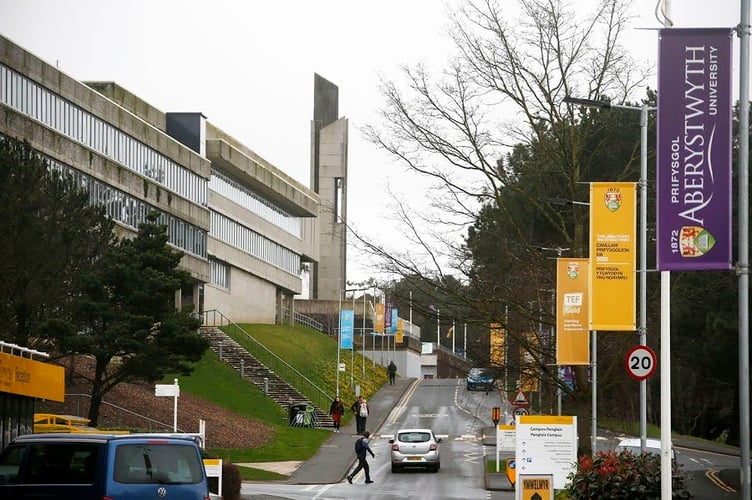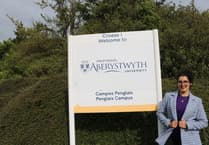TEACHER training at Aberystwyth University “does not support students to make sufficient progress,” a critical inspection report has found, while the institution has “been too slow to prioritise important areas of its work requiring improvement.”
Estyn inspected the Aberystwyth Initial Teacher Education Partnership earlier this year.
The partnership, made up of Aberystwyth University alongside six lead schools and 59 partner schools, runs the one-year PGCE courses for both primary and secondary student teachers at the university.
Estyn inspectors found that “since its inception, the partnership has faced notable challenges, such as the Covid-19 pandemic and lower than anticipated student recruitment rates.”
“However, overall, it has been too slow to prioritise important areas of its work requiring improvement,” the report said.
“Too much teaching, mentoring and too many of the learning experiences the partnership provides do not support student teachers to make sufficient progress.
“The partnership’s leadership structures and processes reflect suitably the joint responsibility of the university and its lead partner schools for the programme.
“However, in practice, partners are unclear about their roles and responsibilities and play a minimal role in ensuring the quality of provision. “Communication across the partnership is poor and the role of lead partner schools, in particular, is significantly underdeveloped.
“This means that the partnership has struggled to deliver the programme as intended.
“Overall, there is a lack of coherence between the university-based and school-based aspects of the provision.
“This, coupled with important shortcomings in mentoring and teaching, makes it difficult for students to develop their ability to link theory with practice, and use this knowledge to reflect critically on, and improve, their teaching.”
Estyn recommended the university “improve self-evaluation and improvement planning processes”, “strengthen partnership working”, “improve the quality of teaching and mentoring across the partnership”, “ensure that the programme provides students with a suitably coherent, integrated and progressive range of experiences that develop their knowledge and skills in sufficient depth and breadth”, and “address issues that impact negatively on students’ well-being and strengthen the contribution they make to the evaluation and improvement of the programme.”
The partnership will draw up an action plan showing how it will address the recommendations from the inspection and Estyn said it will “re-inspect the provision in approximately one year’s time.”




